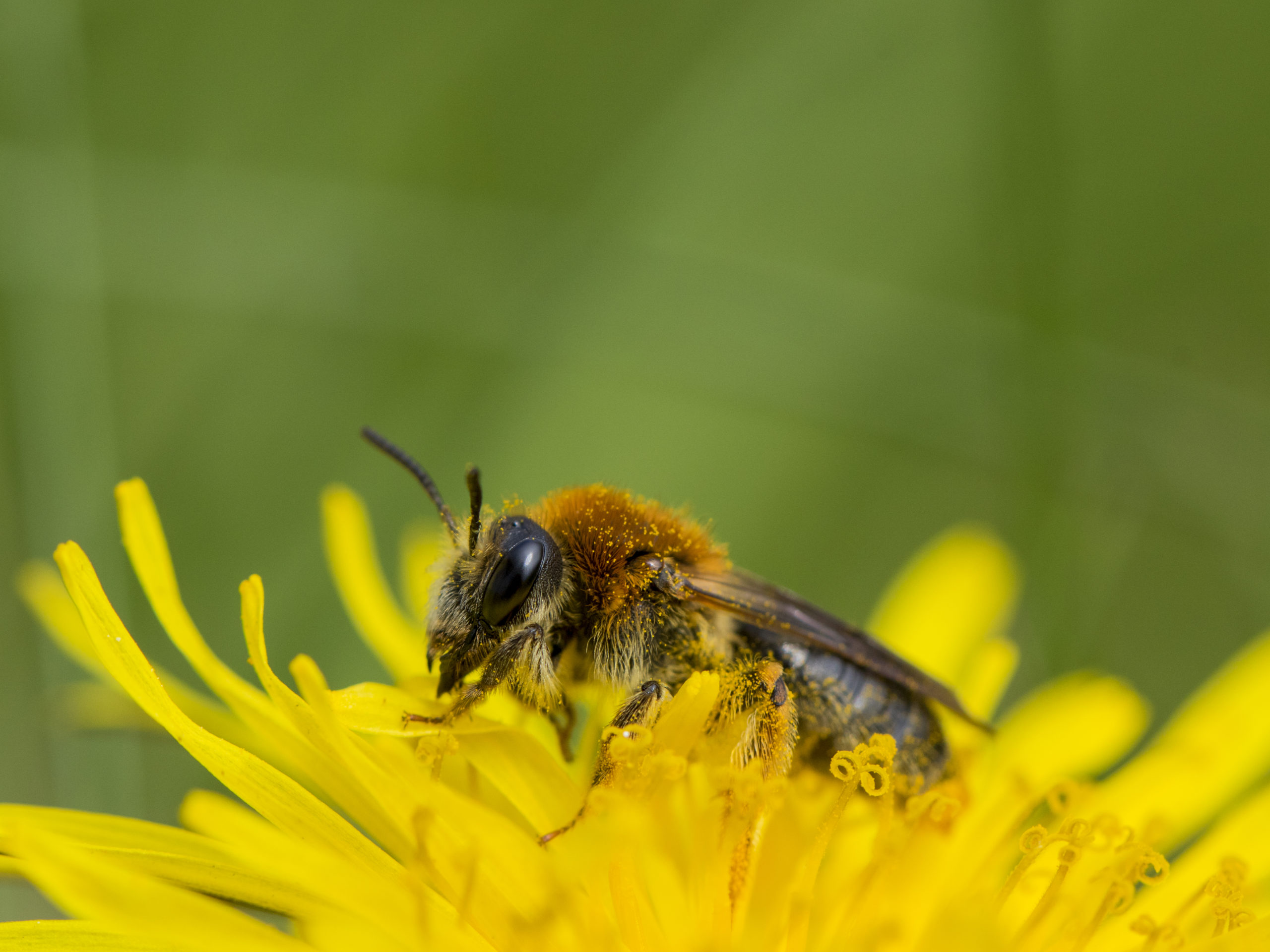After twelve days of talks and two years of delay, negotiators at COP15 in Montreal have agreed a historic global deal to protect nature.
The new Global Biodiversity Framework enshrines the target of protecting 30% of land and sea for nature in international law, and commits richer countries to providing $30bn a year to help developing countries safeguard nature and wildlife. This agreement gives us hope for the future and can become the turning point for nature’s recovery.
Progress at COP15 may have felt slow at time but, in its final hours, the conference set out a clear roadmap for halting and reversing the decline in biodiversity. The adoption of a worldwide 30by30 target gives the nature movement a north star with which to guide the global and national biodiversity agendas. Whilst the climate debate has coalesced around the Paris Agreement’s target to keep global warming below 1.5 degrees, there has not previously been a clear overarching target to galvanise nature action. We hope 30by30 can capture the imagination of both the public and politicians, spurring on fast action on nature.
The new agreement differs from the previous Aichi targets – which we globally failed to meet by the end date of 2020 – by ensuring that government planning and accountability is embedded into the framework. For the first time, big business are strongly encouraged to report on how their actions impact and protect nature. This time we hope that countries failing to play their part will be held to account before it is too late to change course.
The COP15 agreement also demonstrates a positive change in how indigenous communities are included in international biodiversity agreements. With these communities protecting some of the world’s most important biodiversity, with far more success than most national governments, it is vital they are supported to continue their work.
There are still some limitations in the Global Biodiversity Framework. A specific target date for halting human-induced extinction of species would have enabled us to better assess success on longer term targets. There are also important questions to be asked about how 30by30 is defined and how to ensure that a range of ecosystems are protected under this target, using the best possible scientific evidence
What does this mean for the UK?
Countries will now need to reflect the new global deal in domestic policy as an outcomes of COP15. Unfortunately, success in Montreal simply highlights the inadequacy of recent action on nature at home. UK negotiators may have been pushing for a global agreement to 30by30, but the UK Government’s own progress in meeting that target is poor – and the announcement of last week’s new Environment Act targets does little to suggest we will get back on track in time to meet it.
The implementation text which sits alongside the Global Biodiversity Framework calls on governments to update their national biodiversity strategies and action plans to align with the new Global Biodiversity Framework. Yet the UK’s new targets will allow nature to flatline for the next 20 years, with the Government setting its ambitions low in defiance of public opinion on river health, wildlife declines and protected sites for nature. The Government has proposed that by 2042, nature will be in a similar condition to our current depleted state. There is no target for improving the condition of protected nature areas, despite calls for 75% of protected wildlife sites to be in favourable condition by 2042. We might meet 30by30 on paper, despite the ecosystems and wildlife within these protected areas being in poor condition.
The new framework will also require the UK to look again at some of its policies to bring them in line with the new global targets. The new commitment to reducing the risk from invasive species and pesticides by 50% by 2030 will impact on new farming policies, whilst the target of restoring 30% of highly degraded ecosystems by 2030 means we need to speed up peatland restoration in the UK. Defra also needs to take a look at the Montreal commitment to ensuring nature-based solutions have ambitious but proper governance, including an increase in blue-green spaces in cities and supporting nature’s role in combatting climate change.
We hope to see Defra joining the dots between global agreements and domestic policies in these areas.
Currently, the UK is one of the most nature-depleted nations in the world, where almost one in 10 species are at risk of extinction. In England, our Government must match its rhetoric on the world stage with ambitious action to protect nature at home. That means revisiting the shockingly unambitious environmental targets announced last week and scrapping the dangerous Retained EU Law Bill, which could remove legal protections for wildlife and wild places. In Scotland, Wales and Northern Ireland, we hope devolved governments can push the Westminster government into a race to the top on nature with their own far-reaching plans to implement the new Global Biodiversity Framework.
We applaud negotiators in Montreal for reaching this landmark deal – now the work begins to turn ambition into action.



